It’s Time To Talk About No-Mask Anxiety
Have We Been Masking Social Anxiety?
Anxiety levels are on the rise as people consider a maskless future in Tokyo.
Before the sweltering summer heat kicked in, the Japanese government relaxed its guidelines for wearing masks, advising people to remove them where possible to avoid heat-related incidents. For some people, this was music to their ears. No more sweaty chins or running back home when you were halfway to the station and you realized you could feel the breeze against your face. For others, this news incited a whole new level of hidden anxiety.
In Japan, the social pressure of wearing a mask may just be the reason why many are hesitant to remove it. It’s not an uncommon sight to be walking down an empty street in the Tokyo suburbs and see people walking or riding their bike while wearing a mask (and not even as a chin hammock, actually wearing them as a nose and mouth covering).
…the social pressure of wearing a mask may just be the reason why many are hesitant to remove it.
At the beginning of the pandemic, we were told to wear masks to protect ourselves and our loved ones from the virus. It became a reassurance, almost a safety blanket. It offered a sense of control over a situation that we had little control over, so it’s easy to understand why people aren’t ready to ditch masks completely, especially as coronavirus is far but gone.
However, after almost three years and three vaccines, can this reluctance purely be down to concerns over catching the virus? Or are the masks covering a deeper issue?
Mental health is not a widely discussed topic in Japan. For many, it’s easier to blame fear of the virus rather than opening up about what other factors may be contributing to their anxiousness.
So, we have to ask, by keeping the mask on, are we just prolonging the anxiety? Wrapping ourselves in cotton wool instead of tackling the issue head-on?
What is ‘mask fishing’?
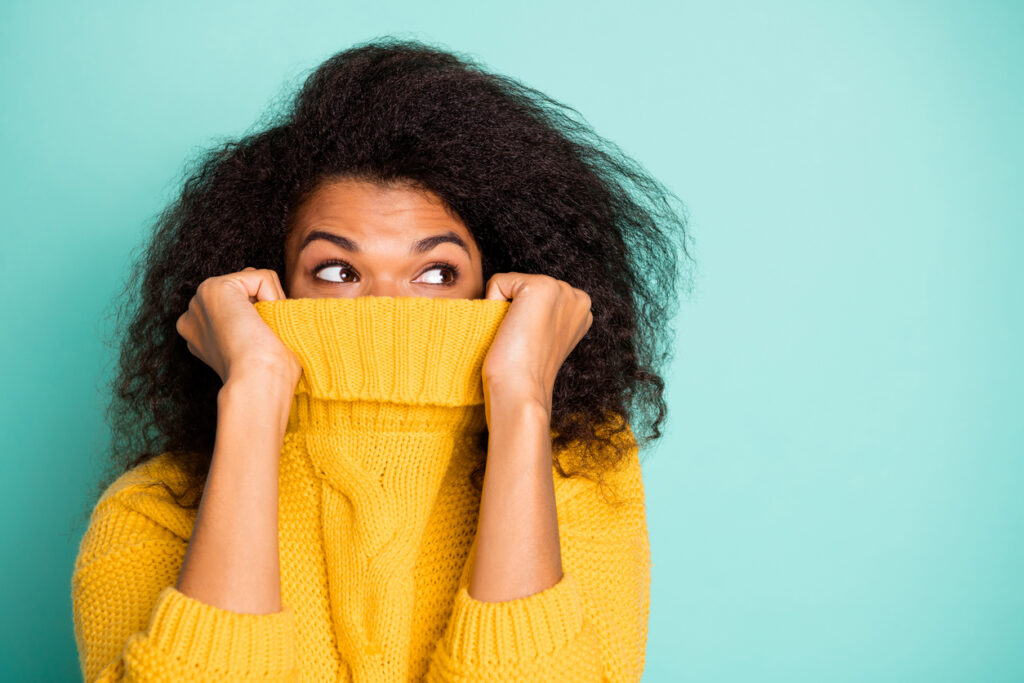 © Photo by iStock: Deagreez
© Photo by iStock: DeagreezThe term “mask fishing” was coined during the height of the pandemic, and as defined by Urban Dictionary, is “the phenomenon where a person appears to be more attractive because they are wearing a face mask.” If you cover the lower half of the face, the mind automatically constructs an image of what the rest of the face looks like under the mask, which has led to claims that people’s insecurities have justifiably been heightened.
Another slang term coined during this crazy period was “maskne”—acne from wearing a mask. With all these terms being brandished around, is it any wonder that people worry about removing their masks?
“Worry often gives a small thing a big shadow.”
—Swedish Proverb
For me, it started with the joyful realization that I could skim 10 precious minutes off my morning regime by lazily applying makeup to only the top half of my face and leaving the mask-covered portion wild and free. Subsequently, this signified the beginning of an unwillingness to pull my mask down and before I knew it, it reached the point where I couldn’t even bring myself to lower it for a drink of water.
One day a coworker asked if I’d like to grab some lunch together. A simple suggestion that instantly filled me with dread. After months of turning down social invitations, claiming “I will once Covid calms down a bit,” I finally decided enough was enough.
Even though my coworker didn’t bat an eyelid when I took my mask off, I was still hyper-aware of my facial expressions and constantly felt like I was moving my mouth in a weird way.
As the meal progressed, my anxieties gradually faded into the background as I relaxed and enjoyed the conversation. Once lunch had finished and I was safely hidden away behind my mask again, I felt pleased that I had pushed myself out of my comfort zone.
How to ease no-mask anxiety?
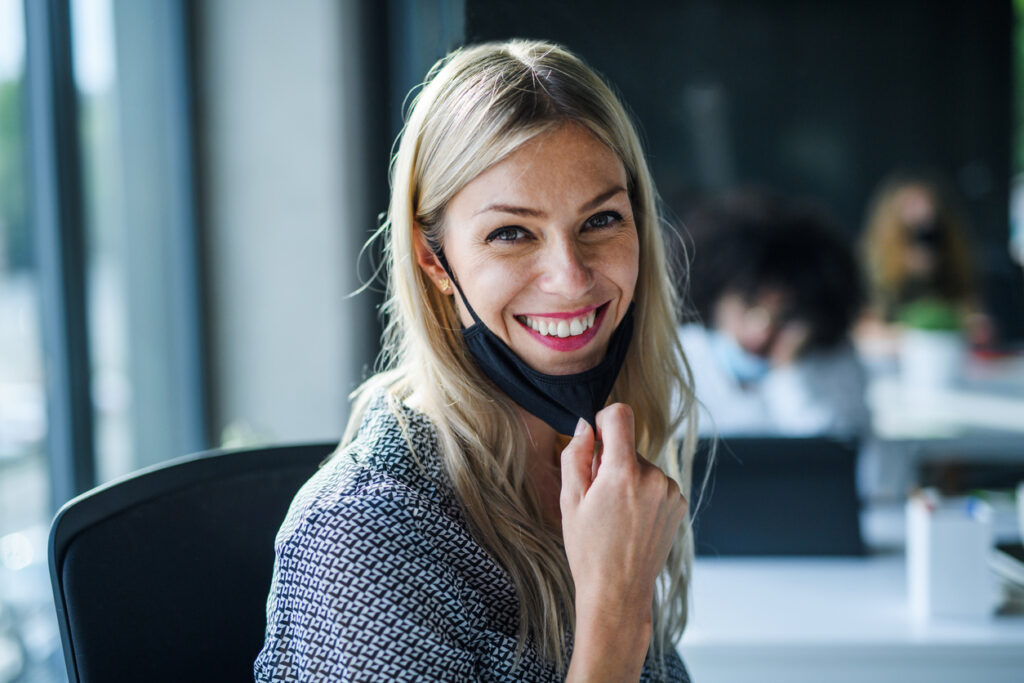 © Photo by iStock: Halfpoint
© Photo by iStock: HalfpointLately, I’m in a much better place with my no-mask anxiety. There are still days when I can’t bear to be seen without a face covering, but I’m finding it easier to talk to myself rationally and calm those overactive thoughts that race around my mind. Here are some things that I tell myself during those stressful moments, that I hope you can use as tips:
- Transition little by little: Choose a low-pressure situation, an open space with few people around you, this might be in a secluded park or even walking at night.
- Encourage yourself to socialize: Picturing yourself socializing without masks is an intimidating thought, but if you can overcome that voice in your head telling you to fake a last-minute emergency and hide in your bed, you’ll remember how fun it can be to hang out with your friends.
- Give yourself time: If you’re not ready to remove the mask—then don’t! Some people (pointing the finger at myself) feel more comfortable hiding behind humor, so make a joke of it; “I’ve eaten garlic, it’s best for everyone if I keep the mask on.”
I told myself that at some point in the future, the mask will have to come off. In one way or another, may it be in an unavoidable social situation or your mask getting damaged, there will be a time when you have to remove it. Start the process of healing instead of prolonging the issue.
Looking for more support?
If anxiety is starting to affect your daily life, and you’d like to reach out to a professional health care provider, below are some websites that can offer guidance.
- Tokyo Mental Tokyo: English-speaking psychologists and counselors.
- International Mental Health Professionals Japan (IMHPJ): provides mental health care, therapy and related services to people of various nationalities living in Japan.
- Tell: Offers support and counseling services to Japan’s international community.


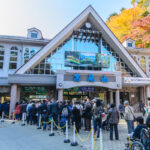
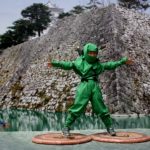
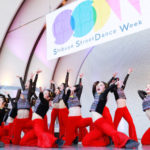
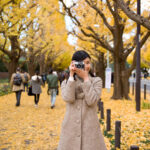






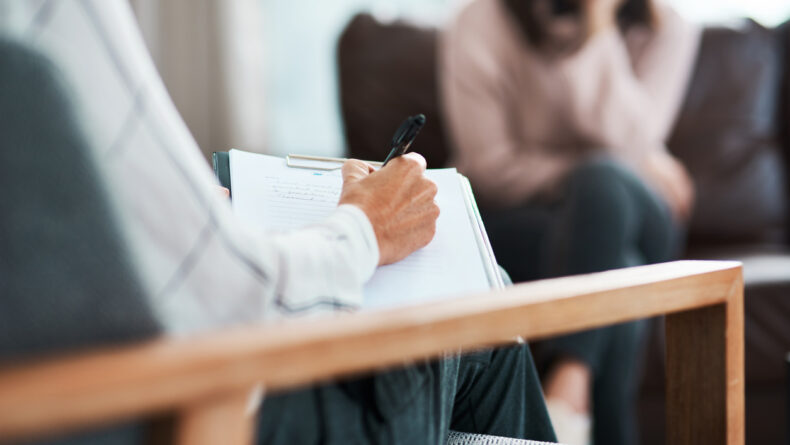
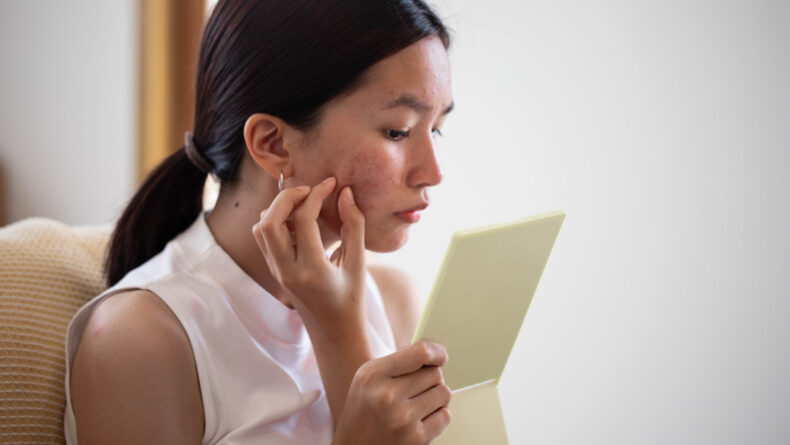
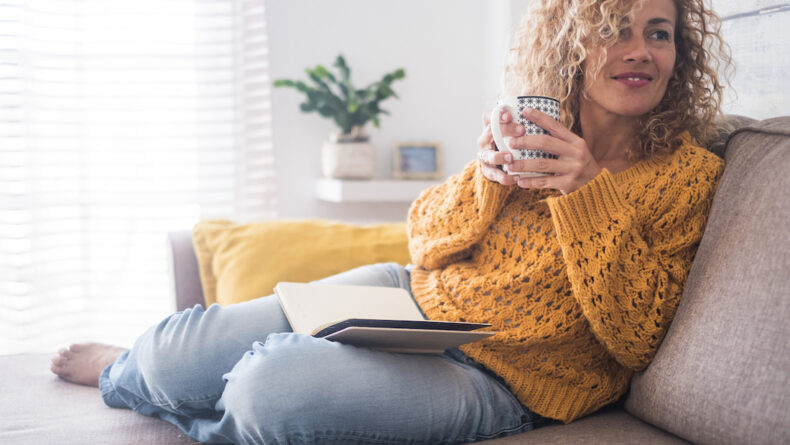
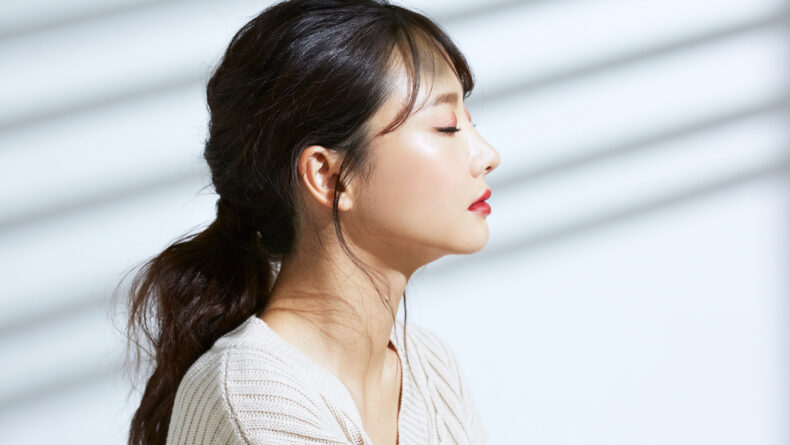
I’m not in Japan, but I understand 100% what this article is talking about. Besides protecting me from getting sick, I’ve found my masks reduce my social anxiety and boost my confidence. I want to wear my masks all the time, even at home.